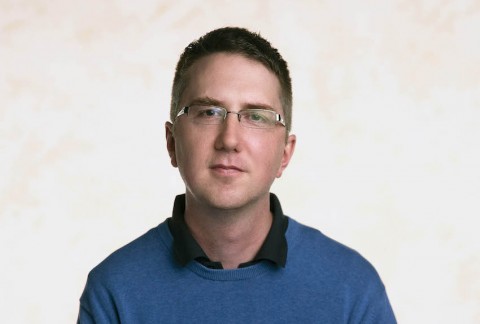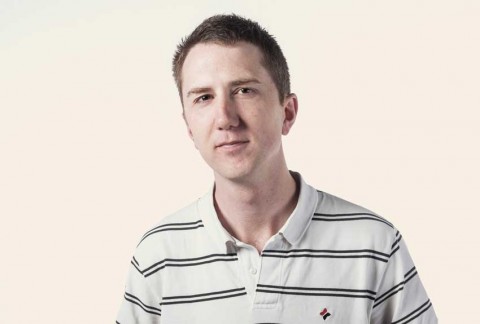For SANE Peer Ambassador Bron, the pandemic caused her contamination fears to increase significantly. Marking OCD Awareness Week, Bron shares some of her hard work to connect, get support and give herself a break during this challenging time.
The SANE Blog
You might have seen Tim on ABC’s You Can’t Ask That sharing his experiences of Obsessive Compulsive Disorder (OCD). Here, he gives even more insight into living with OCD, the symptoms people don’t see and how acceptance gives him strength.
SANE's StigmaWatch recently received a complaint that a major retailer was selling a mug that said "I have OCD – Obsessive Christmas Disorder". Not only does this trivialise a complex mental health condition and the people who live with it, it's not even funny. StigmaWatch works with journalists and broadcasters to reduce stigma and sadly...
Obsessive compulsive disorder tells lies which disguise themselves as truths.
These lies add to the distress that obsessions cause, but once we are able to realise they aren't true, it makes dealing with OCD much easier.
Here are some of the lies OCD tells:
My name is Julie. I'm a mum of a beautiful daughter and have been working in the mental health field for 21 years. Oh, and by the way, I've had obsessive compulsive disorder (OCD) since I was five years old.
Obsessive-compulsive disorder, or OCD, is a term bandied around a lot these days – ‘that’s so OCD’ or ‘when it comes to cleanliness I’m so OCD’ - but do we really know what it means?
SANE's Spotlight on OCD page collects together our stories, blog posts, information and research about obsessive compulsive disorder.
But the internet is a big place, and there are a lot more terrific, useful resources out there. Here are ten, hand picked by our staff.
Awareness of Obsessive-compulsive disorder, or OCD, is certainly growing.
The term is now commonplace in the Australian vernacular and characters with the disorder are regularly depicted on television and in the movies.
But do these adjectives, analogies and representations come close to depicting the experiences of people living with the disorder?
‘How can I stop my friend, partner, or parent hoarding?’
This is a common question asked by many people who feel unable to help their loved one.
What is obsessive compulsive disorder (OCD)? SANE spoke to Tim Hillier about his experience of OCD, the symptoms he encounters and his advice for others diagnosed with the disorder.
I've had obsessive compulsive disorder (OCD) since I was about seven or eight years old.
I've had a lot of different symptoms throughout the years and I've read a lot about it.
People don't really see the seriousness and the impact that it has, I suppose it's seen as more of a quirk or a temporary behaviour.









